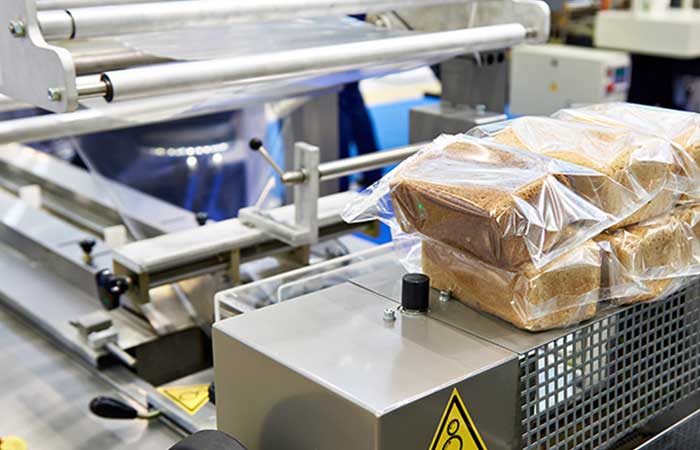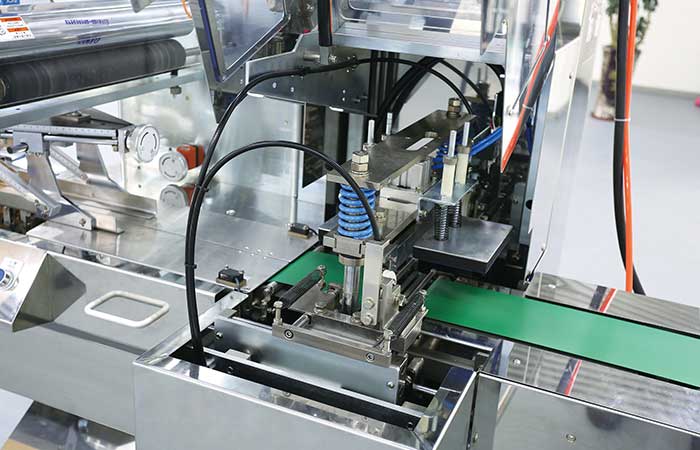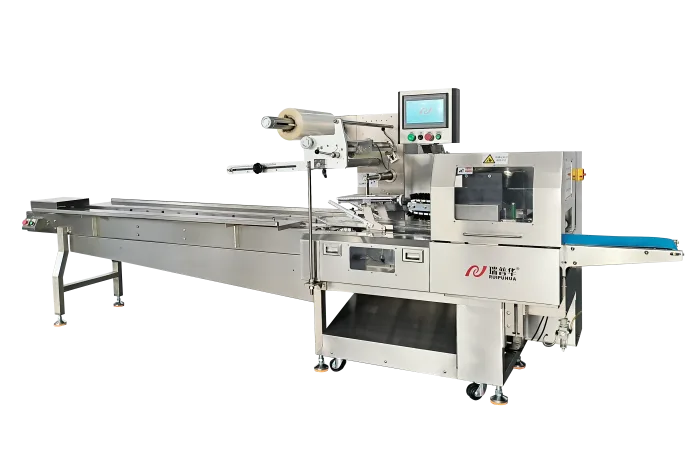Transferring Ubuntu Packages Between Machines
Transferring Ubuntu Packages Between Machines
Transferring Ubuntu packages between machines can be a useful skill for system administrators or individuals looking to migrate software setups seamlessly. Whether you want to mirror package installations on a new computer or share software configurations with a colleague, understanding the methods to copy packages in Ubuntu can simplify the process.
There are various approaches to achieve this, ranging from using built-in package management tools like dpkg and apt to third-party solutions such as apt-clone. In this blog post, we will explore these methods in detail to help you efficiently transfer Ubuntu packages from one machine to another.
Using dpkg for Package Transfer
One way to copy Ubuntu packages is through the dpkg tool, which allows you to install, remove, and manage Debian packages. To export a list of installed packages from one machine, you can run the following command in the terminal:
dpkg --get-selections > packages_list.txtThis command saves a list of installed packages to a text file. You can then transfer this file to another machine and install the same packages by running:
sudo dpkg --set-selections < packages_list.txtUsing this method, you can replicate package installations on another Ubuntu system easily. However, keep in mind that dependencies and versions need to match for successful installation.
Utilizing apt-clone for Package Duplication
For a more automated approach, you can use apt-clone to clone the package state of one machine and replicate it on another. This tool saves not only the list of packages but also repository sources and GPG keys, ensuring a more comprehensive transfer.
To create a package clone file, run the following command on the source machine:
apt-clone clone apt_packages.cpiYou can then transfer apt_packages.cpi to the target machine and restore the package state using:
apt-clone restore apt_packages.cpiBy leveraging apt-clone, you can streamline the process of copying Ubuntu packages and settings across machines with fewer manual steps.
In Conclusion
Copying Ubuntu packages between machines doesn't have to be a complex task. With the right tools and methods, you can effortlessly replicate software installations and configurations on multiple systems. Whether you opt for dpkg for manual control or apt-clone for automation, transferring packages in Ubuntu can be a seamless process.
Remember to ensure compatibility between systems and test the transferred packages to confirm everything works as expected. With these techniques at your disposal, managing package transfers in Ubuntu becomes efficient and hassle-free.
-
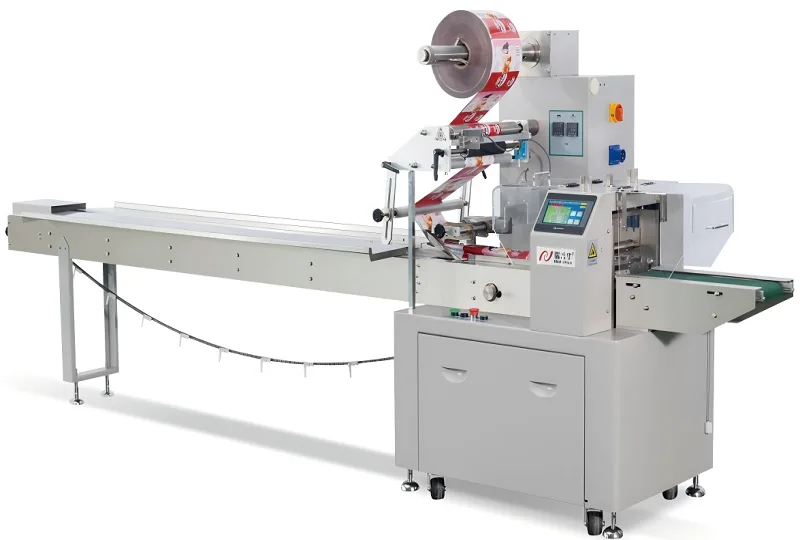 01
01Automatic Tray Loading and Packaging Equipment: Boost Efficiency to 160 Bags/Minute
21-11-2025 -
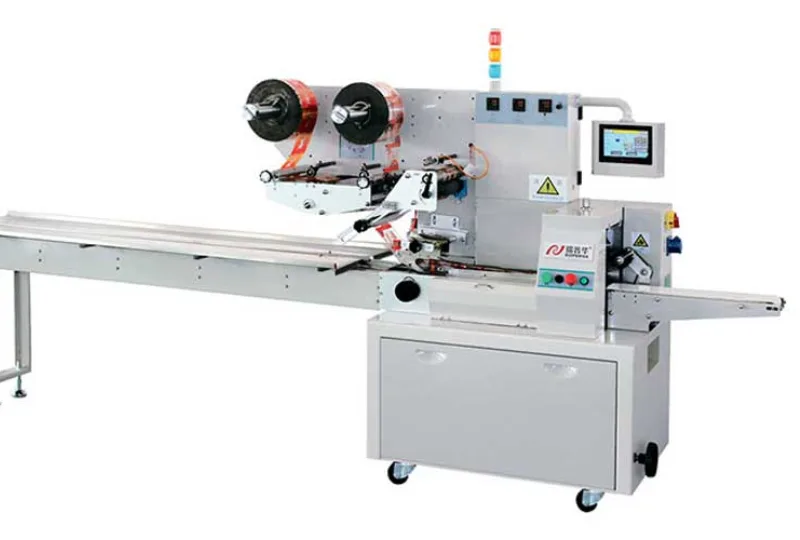 02
02Automatic Soap Packaging Machine: Boost Productivity with 99% Qualification Rate
21-11-2025 -
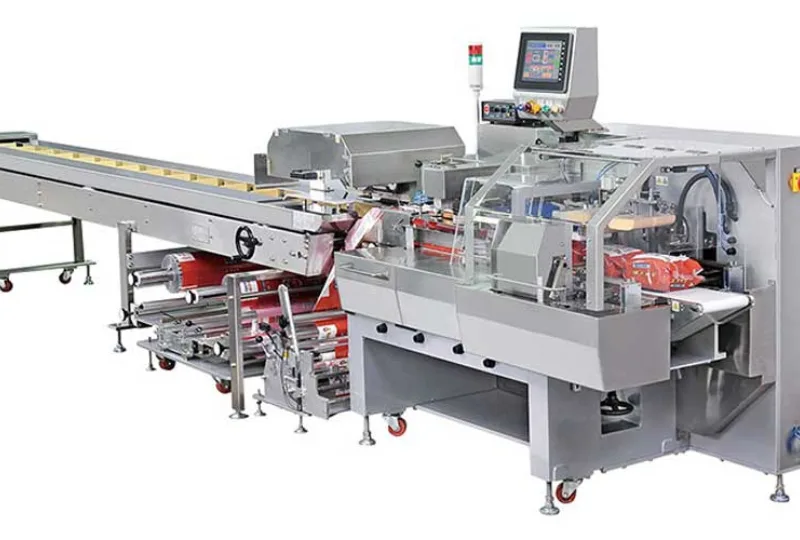 03
03A Deep Dive into Automatic Toast Processing and Packaging System
18-11-2025 -
 04
04The Future of Bakery Production: Automated Toast Processing and Packaging System
18-11-2025 -
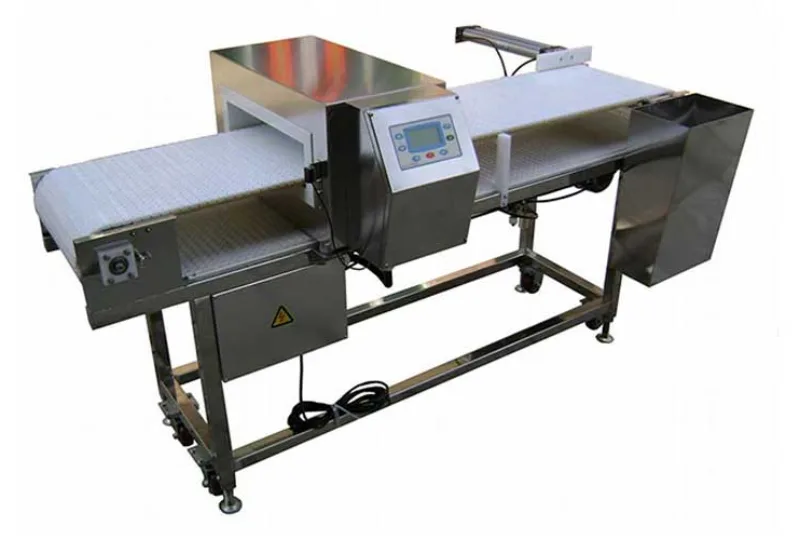 05
05Reliable Food Packaging Solutions with China Bread, Candy, and Biscuit Machines
11-10-2025 -
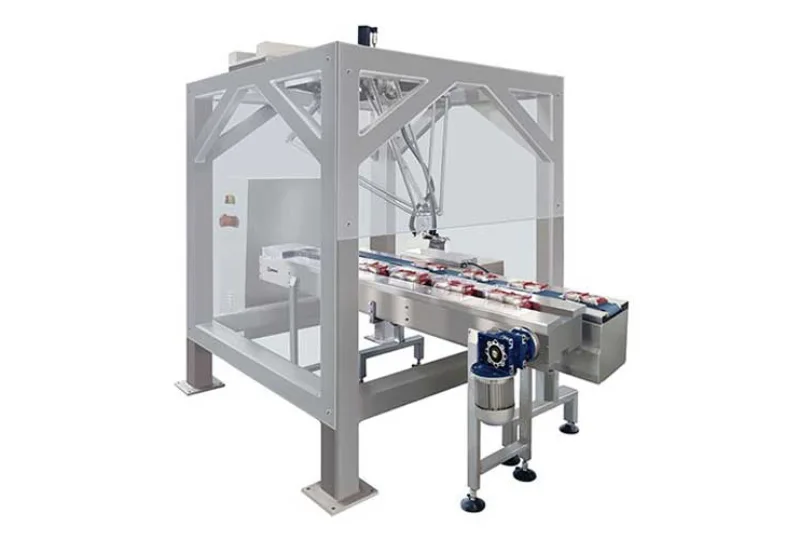 06
06High-Performance Automated Food Packaging Equipment for Modern Production
11-10-2025 -
 07
07Reliable Pillow Packing Machines for Efficient Packaging Operations
11-10-2025 -
 08
08Advanced Fully Automatic Packaging Solutions for Efficient Production
11-10-2025 -
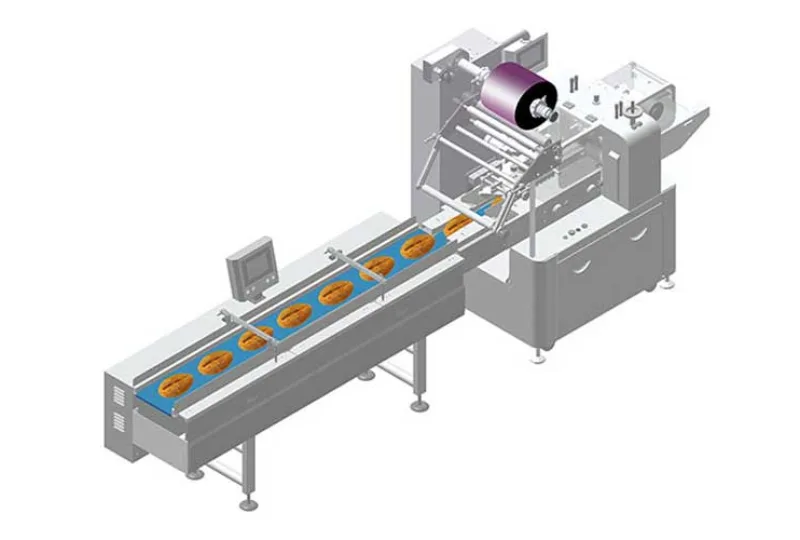 09
09Efficient Automatic Food Packaging Solutions for Modern Production
11-10-2025 -
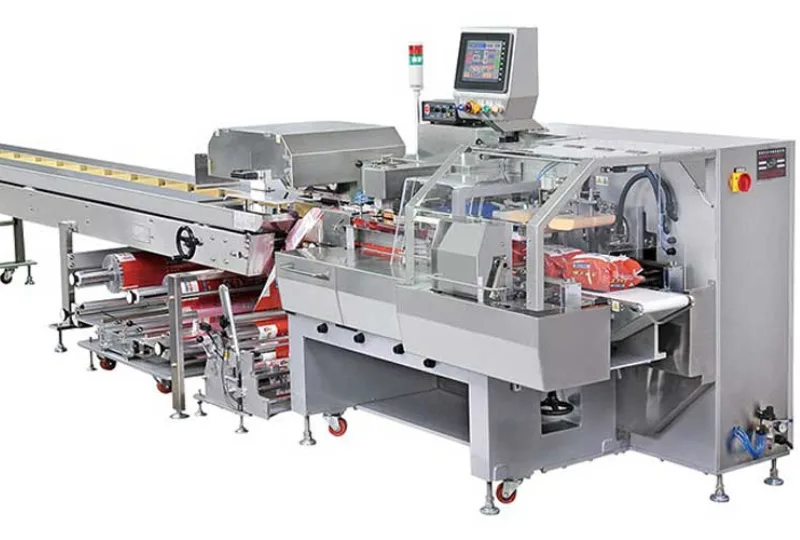 10
10Advanced Automatic Packaging Equipment for Efficient Production
11-10-2025



